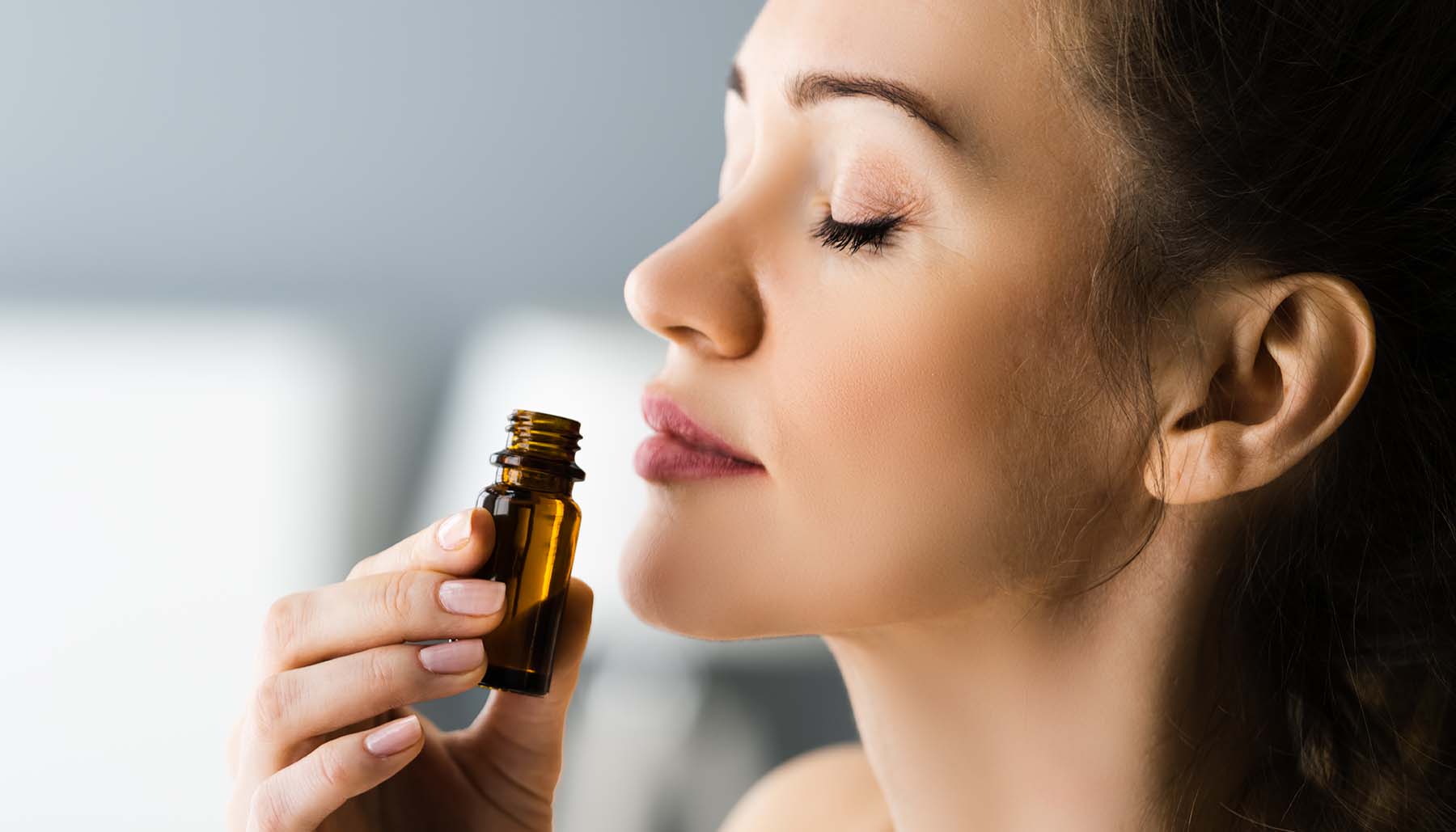We all could use a little more relaxation in our everyday lives. Luckily, changing what we breathe in is an easy and effective place to start.
Scent is the strongest sense tied to memory, but that’s not all. Our olfactory senses are also directly tied to our daily emotions, both positive and negative. In turn, aromatherapy is one of the most natural methods for stress relief. And we’re here to help find the scent that’s best for you.
Here are ten aromatherapy oils designed to help you unwind.
Lavender
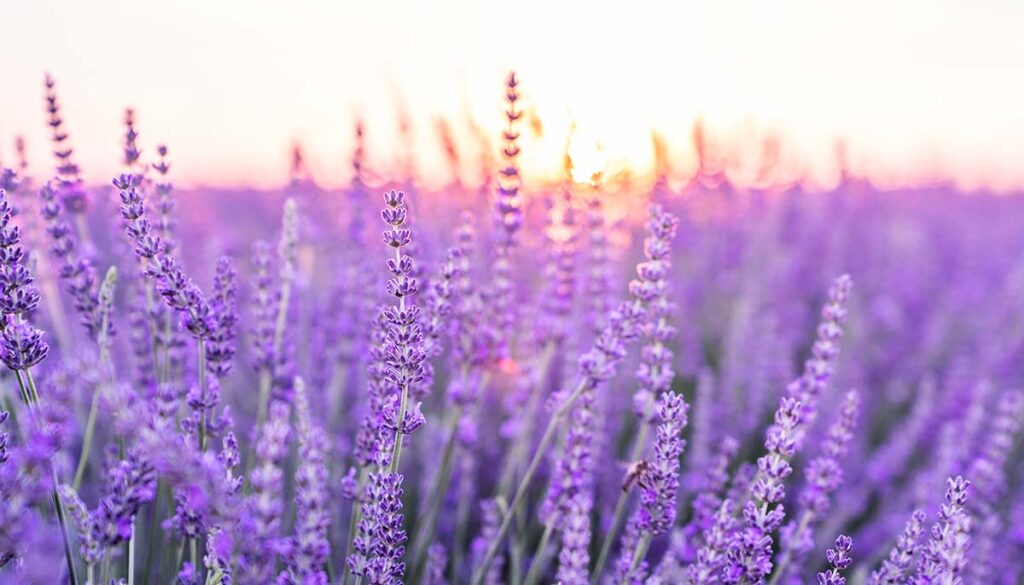
Whether you’re just starting to dabble in aromatherapy oils or you’re a seasoned scent pro, it’s hard to go wrong with lavender. Lavender is one of the most popular relaxation go-to potions for its anti-anxiety properties and its powerful calming effects.
In various studies, scent scientists tested different aromatherapy oils by diffusing them in workplaces. The result? Lavender was found to be the most successful for collectively alleviating stress and improving morale. It’s also great if you’re in need of a good night’s sleep, as it can be applied directly to the skin and makes a lovely, aromatic tea.
Chamomile
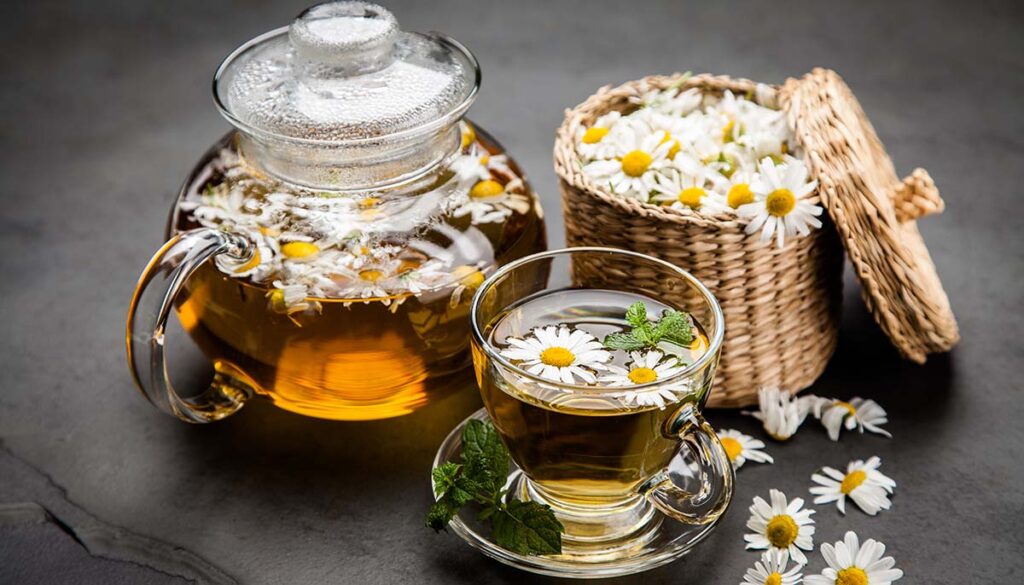
Sweet and fresh, the chamomile plant is revered for its sedative effects. And so, chamomile essential oils are no different, boasting incredibly relaxing properties that can boost sleep, increase morning cortisol levels, and balance your overall mood.
Throughout the years, chamomile has been used to treat a variety of conditions, including digestive problems, anxiety, wounds, pain, and sleep disturbances. According to Healthline, one 8-week study found that 58.1 percent of participants who used chamomile experienced reduced symptoms of moderate to severe generalized anxiety disorder.
Orange
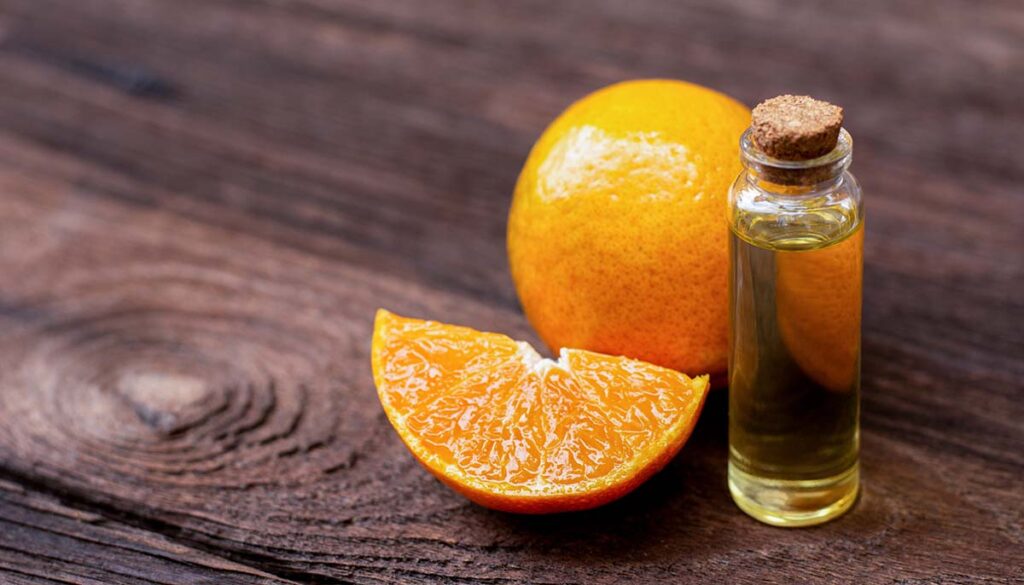
Orange essential oils also boast anxiolytic properties. One 2012 study found that participants who inhaled sweet orange essential oil kept their cool much better during anxiety-inducing situations than those given a placebo scent.
Furthermore, orange is also known for heightening the senses and revving up alertness. When you combine these attributes, it can create a well-balanced mood that’s just right for meditating.
Lemon
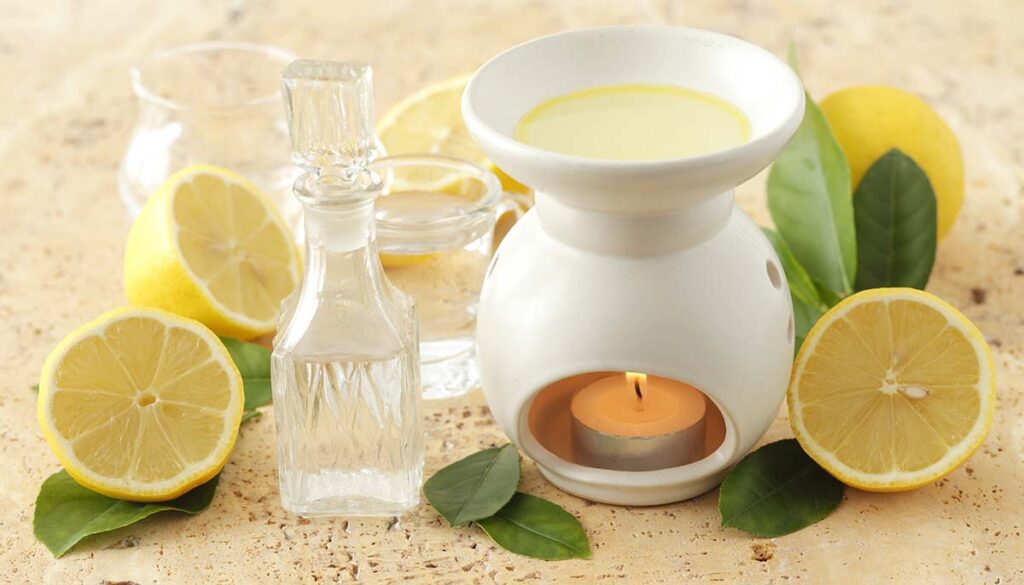
Lemon has been scientifically proven to have sedative and anxiety-reducing properties. As an essential oil, it’s a natural mood elevator and stress-reducing wonder scent. The uplifting aroma is ideal for boosting general positivity.
According to some studies, lemon appears to positively affect dopamine levels in mice. When tested on college students, it seemed to impact attention span, concentration, cognitive performance, and mood for the better.
Sandalwood
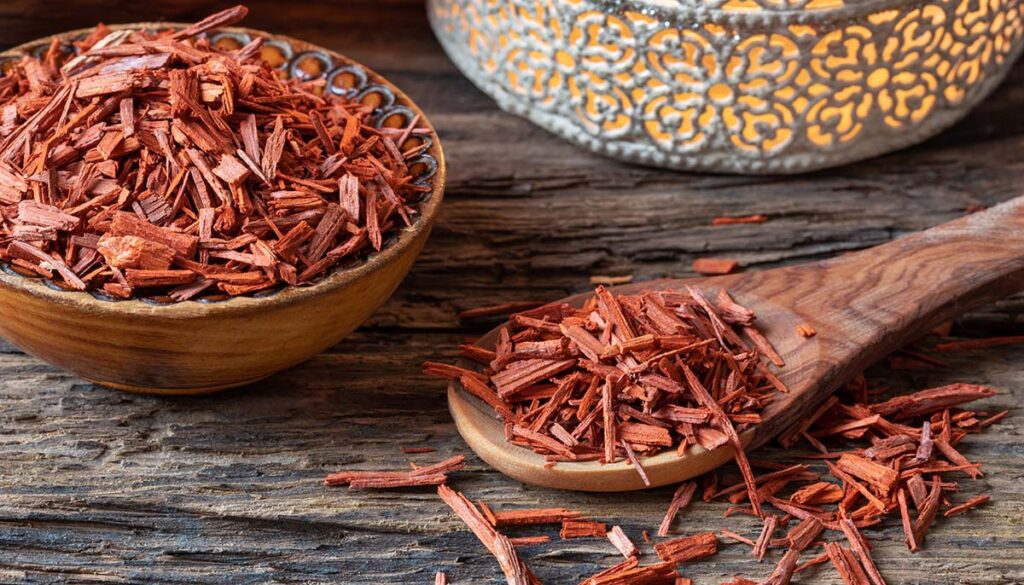
Earthy and warm, sandalwood oil comes from the wood and roots of the East Indian sandalwood tree, which is one of the most valuable and versatile trees in existence. It boasts anxiolytic properties, making it useful for reducing anxiety quickly.
It’s also a trusted ayurvedic medicine, frequently used in powder form for treating chronic pain, fatigue, and stress. Sandalwood may also increase serotonin levels, one of the key feel-good chemicals in our brain that keeps us feeling happy.
Bergamot
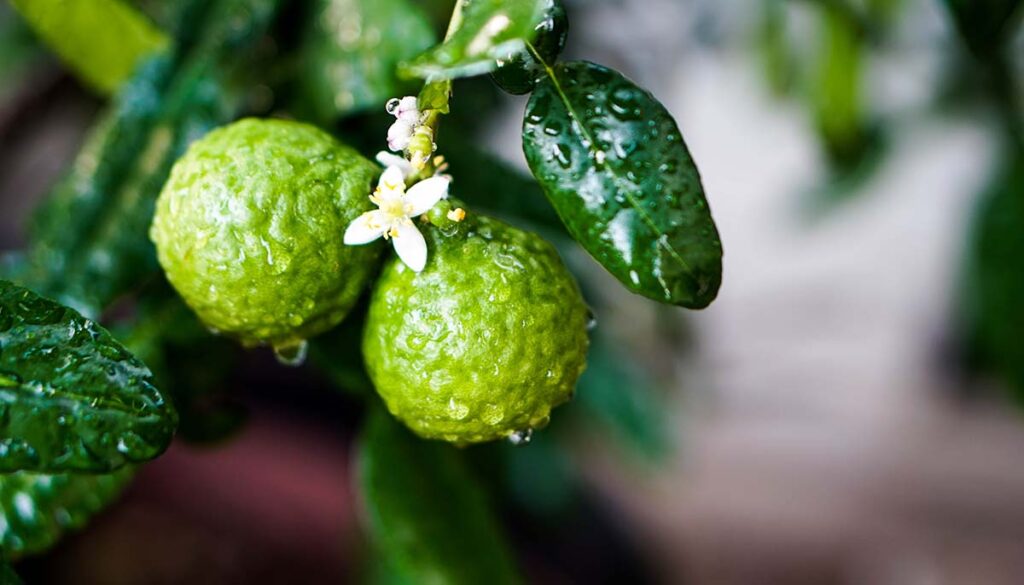
Bergamot essential oil has a serene calming effect, mood-boosting properties, and it alleviates anxiety. It’s also been used for centuries to prevent infection and improve the speed and quality of wound healing.
Like other fragrances in the citrus family, it has a classic sweet, yet zesty smell, but it brings something new to the table. Bergamot has a distinctively floral, spicy punch, which gives Earl Grey tea its signature scent.
Clary Sage
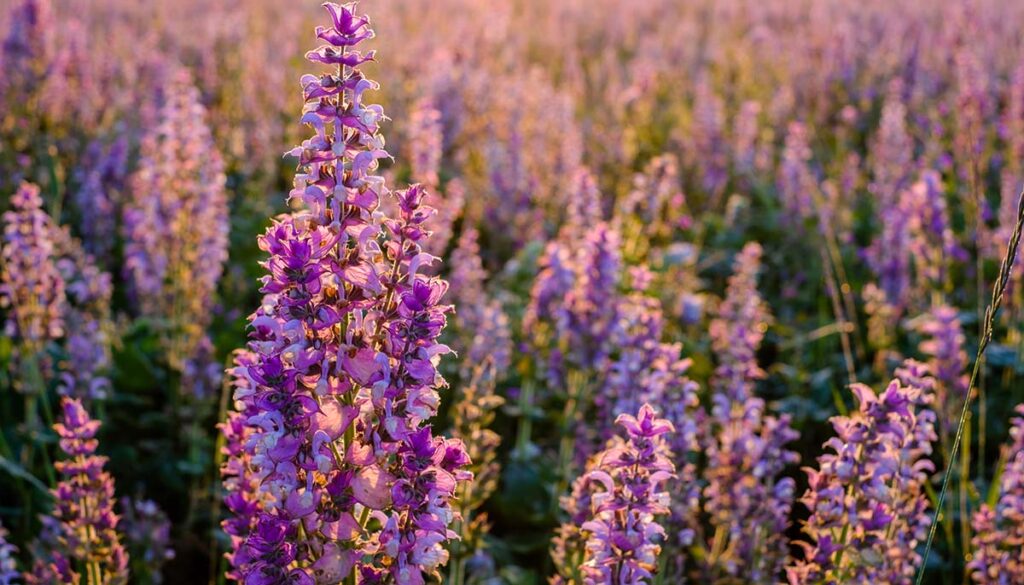
Native to the Mediterranean basin, clary sage (Salvia sclarea) is a flowering herb that’s been used to treat stress for centuries. It has a uniquely soothing aroma that’s sort of like lavender but a bit more leathery. Breathing it in also lowers levels of cortisol, the stress hormone.
According to one study, clary sage decreased cortisol levels while producing an antidepressant-like effect when inhaled, especially for women going through menopause. In addition to breathing it in, you can also apply it directly to the skin.
Jasmine
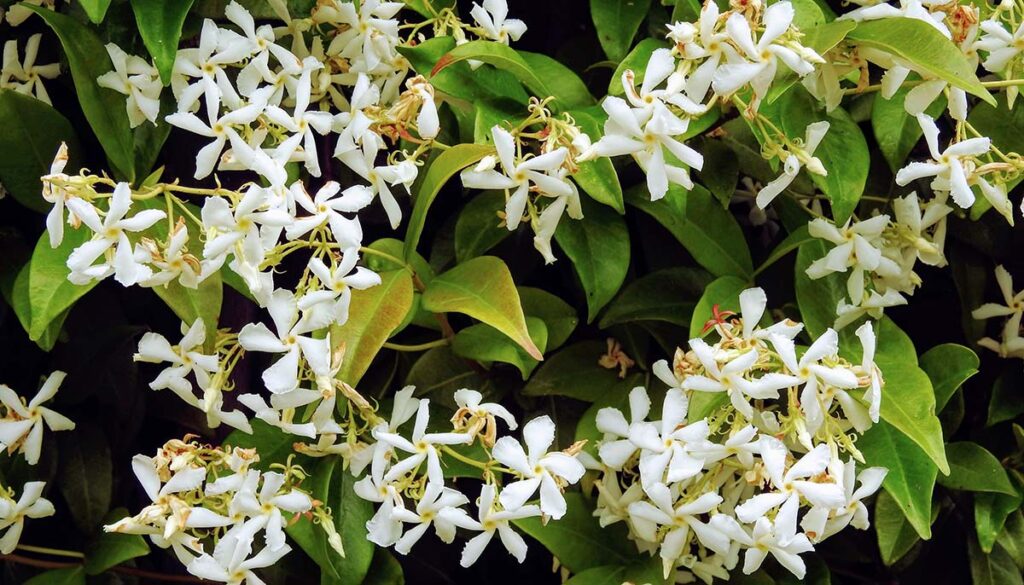
Jasmine oil is an essential oil made from the white flowers of the jasmine plant. This soft, sweet scent is powerfully packed with both reinvigorating and calming properties. In studies examining the effects on brain activity when using aromatherapy, something magical happened with jasmine. Participants had a significant decrease in negative emotions and a major increase in overall mood.
And there’s a good reason for that. The scent of jasmine oil actually helps to increase blood oxygen saturation, breathing rate, and blood pressure. In study after study, participants consistently report feeling way more alert after breathing in jasmine. In turn, its stimulating effects are said to be useful in treating depression and general sluggishness.
Ylang Ylang
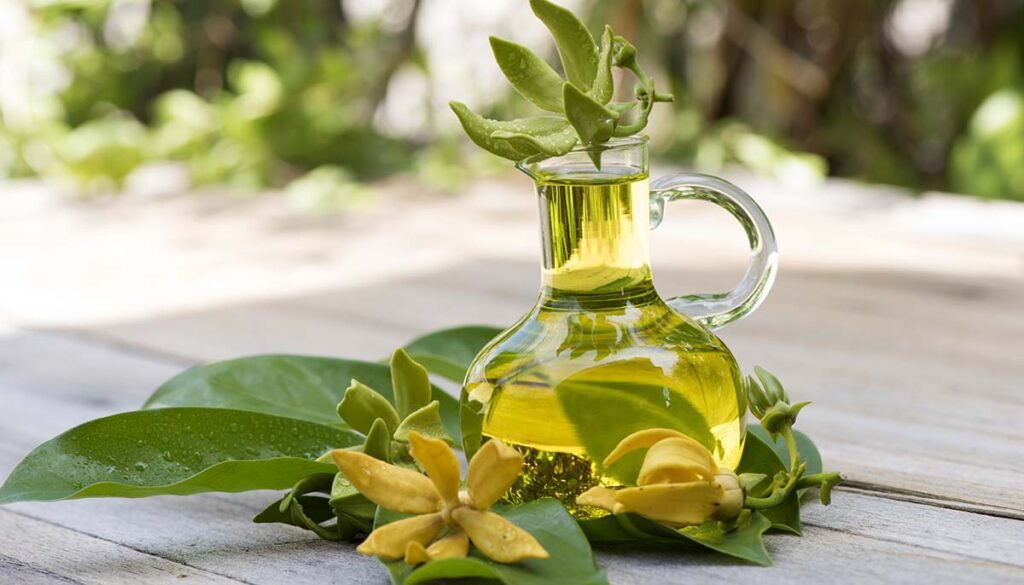
Ylang ylang has an amazing calming effect and a deep, rich, floral aroma that’s sure to soothe you. It may even help lower blood pressure. But this one does the most magic when you blend it with a few others on this list.
Various studies have found that inhaling a blend of ylang ylang, lavender, and bergamot may significantly lower stress and anxiety levels, blood pressure, heart rate, and serum cortisol.
Vetiver
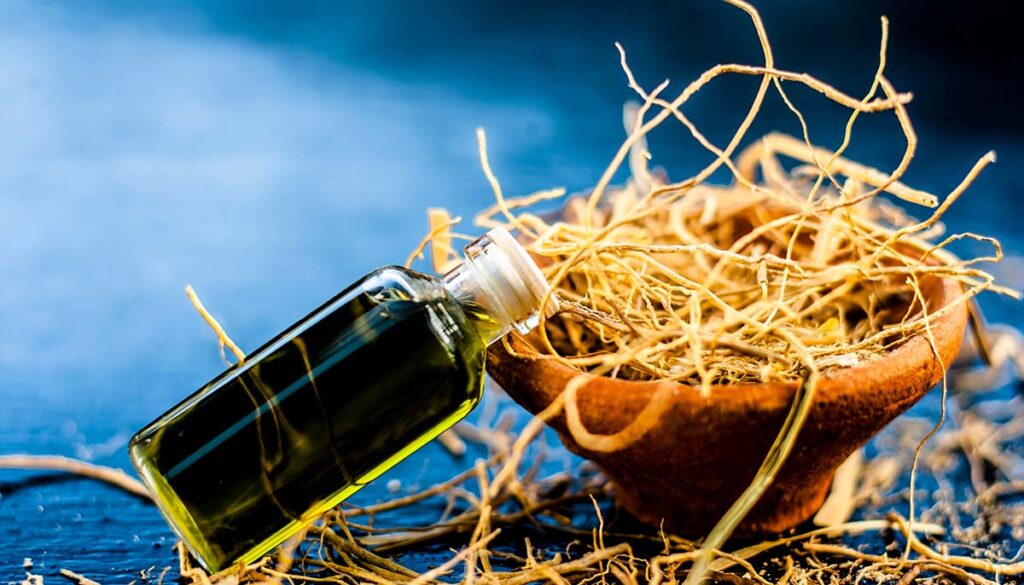
Vetiver may not be as popular as lavender, but it’s just as effective when it comes to relaxation. Sometimes called khus oil, Vetiver oil is derived from the grassy vetiver plant native to India. It’s also known as “the oil of tranquility.”
Sweet, earthy, and smoky, Vetiver is known for calming the nervous system and aiding in better sleep. Also, there’s research that suggests it may alleviate feelings of stress, having similar anti-anxiety abilities as diazepam.


